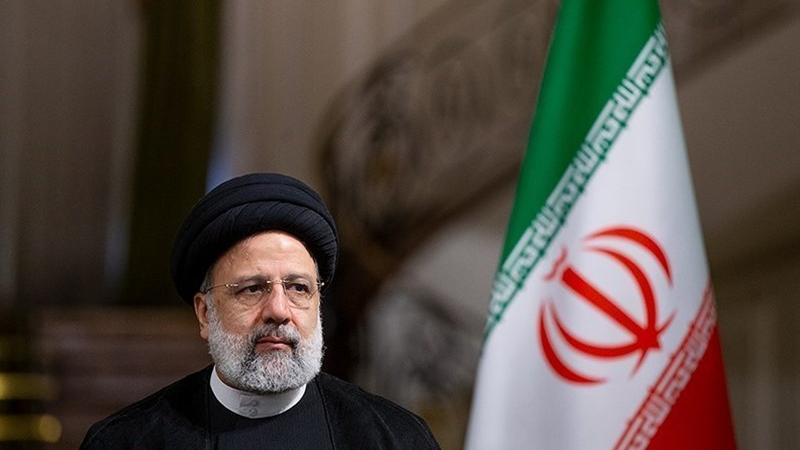In a previous article on the Iranian regime’s masquerade for the upcoming elections, we wrote: “The main and interesting aspect of this drama is that all six actors play the same roles and say the same things, with slight differences: they not only proclaim their loyalty to the regime’s Supreme Leader Ali Khamenei, but also compete with each other in their determination for the continuity of the regime. [Ebrahim] “Mr. Raisi's Career Path and Program”
Now, let's pause for a moment and think about why all six actors are playing one role. Apparently, it's very silly and makes no sense. But essentially, it makes sense.
It is common practice in any election, or in this administration's fake election show, for each candidate to talk about past mistakes and tout what they have in store for change. The problem is so obvious that the pro-government newspaper Etmad wrote on June 14: “In a word, elections mean the possibility of change…An election without the possibility of change is not an election, whatever you may call it.”
It is clear that it is not difficult to talk about the failure of Raisi's government. The scandals and failures of his administration reached a point where hardline parliamentary supporters of Raisi recommended that he resign to keep power. Even the more than 170 members of parliament who signed a letter in support of President Raisi during the 2021 elections expressed regret and acknowledged their mistakes in the second year of his presidency.
The attacks on Raisi and ridicule within the regime were so widespread and common that the regime's Supreme Leader Ali Khamenei said in June: “After the loss of this loved one, I saw many newspapers, all media, virtual spaces, different people from different currents praising and glorifying him, talking about his achievements and tireless efforts. It hurt my heart. I felt sorry for Raisi. While he was alive, they had not dared to say a single word about this, rather they said the opposite.”
Yousef Tabatabai Nejad, who was appointed by Khamenei as Friday prayer leader in Isfahan on May 31, also said, “God wanted Raisi to die in peace. If he were alive, we would have put an arrow on his bowstring to prevent him from being elected for another term and would have blamed him for everything.”
Parliament Speaker Mohamed Bagher Ghalibaf also touted “new governance” and criticized Raisi every other day.The question remains, then, why Ghalibaf and the other five candidates insist on continuing Raisi's course.
The answer is simple: Khamenei, the owner of the electoral circus, wants Raisi's methods and attitude to continue: “Not one word less, not one word more!” Raisi's path only means maximum repression at home, including crackdowns, executions and absolute suffocation, and the export of war and terror to thwart any rebellion or danger of subversion.
But this general situation of regime change on the brink reveals three specific realities in the context of the election show.
First, regarding the gravity and irreparability of Raisi's death, Ayatollah Khamenei said, “It is irreparable. It is a great loss and a deep sorrow.”
Secondly, the efforts of all six candidates to play the same role show that Raisi's role in Khamenei's repressive regime to contain the regime's crisis and prevent the uprising is something none of them own, because each candidate is playing his own tune in Raisi's name.The rapid descent into absurdity of the campaign, which has been met with complaints even from the regime's own campaign managers, stems from this very contradiction.
Third, and more importantly, regardless of the preliminary outcome of the elections, not only will the blow of Mr. Raisi's death go uncompensated, but the impact of that blow is becoming increasingly evident amid all the political and social unrest.
On the day of Raisi's death, Maryam Rajavi, the next chairperson of the National Council of Resistance of Iran (NCRI), emphasized, “This is an immeasurable strategic blow to Supreme Leader Ali Khamenei, who is notorious for executions and massacres, and to the entire regime. It will set off a series of ripples and crises within the theocratic tyranny, spurring rebellious youth to action.” The desperate moves of the regime ahead of the elections further highlight the seriousness of this strategic blow.

